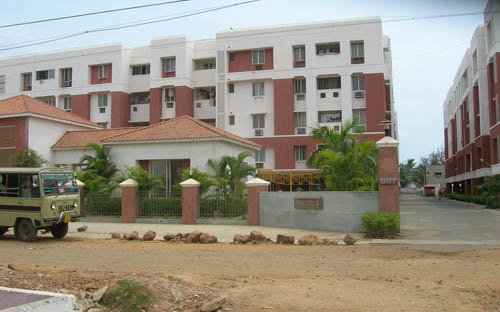
Chennai needs 60,000 more houses
India’s housing shortfall is estimated to be around 27 million and Chennai city alone faces a deficit of 60,000 housing units.

India’s housing shortfall is estimated to be around 27 million and Chennai city alone faces a deficit of 60,000 housing units.
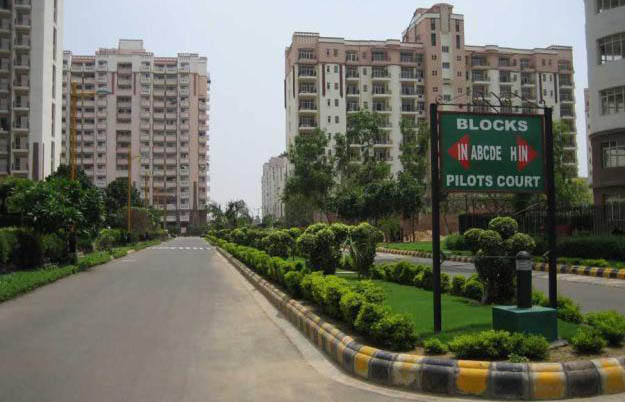
Indian buyers usually pay for apartments before construction has been completed. Many buyers do not take out mortgage loans (the ratio of housing loans to GDP is less than 5% in India).
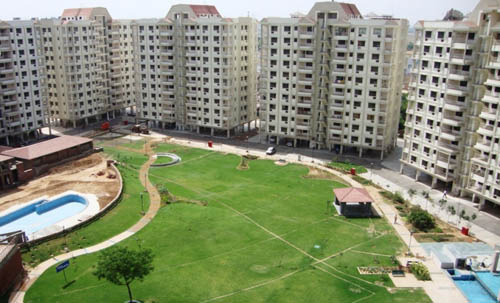
Ashiana Housing strengthening its Facility Management arm, has launched resale and rental services for Ashianaites.
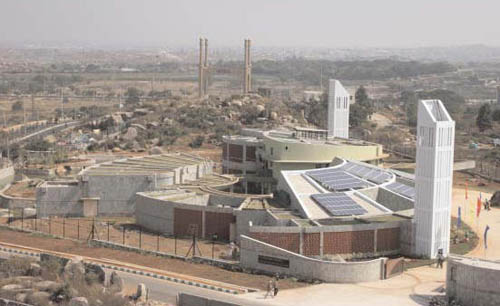
The Confederation of Indian Industry (CII) has said there is a need to improve the infrastructure and increase in flow of capital in the housing segment, given the increase in the land prices.
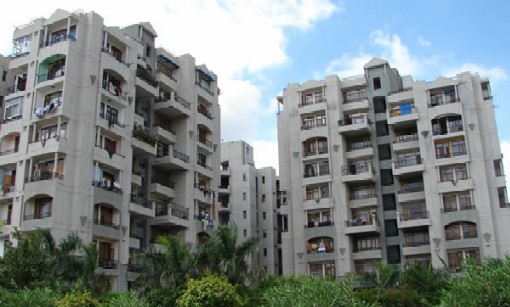
With government support and increase in number of real estate developers, affordable housing demand will surge at a CAGR of around 13% during 2011-2013, says a research report by RNCOS a thinktank group on industry intelligence and creative solutions for contemporary business segments.
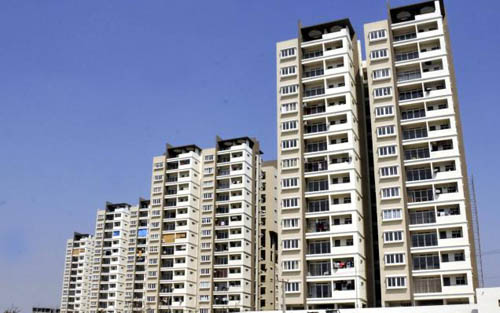
Real estate developers are trying to change perceptions. A new team of office bearers which took charge at the Confederation of Real Estate Developers’ Associations of India (CREDAI) has announced to work on a set of measures that will help builders deliver projects on time, redress customer grievances and improve governance to change image and perception of the sector.

The budget speech indicated further progress on the Direct Tax Code (DTC) as well as the GST – both critical measures, which is a welcome move. Though, I feel that it would have been better for the industry if GST was also rolled out along with the DTC.

The Finance Minister seems to be getting more appreciation than brickbats for renewing focus on the housing needs of Aam Aadmi. Even the real estate sector is divided and while the long awaited demands have not been fulfilled, a section of the realtors with affordable housing projects have appreciated the efforts.

For the Union Budget 2011-12, rising inflation, tight liquidity, high interest rate, industrial slowdown, delayed reforms and negative market sentiment were some of the key concerns to address.

The outlook for Chennai’s residential property market remains positive in 2011. This is a stable market, and the prices have risen rationally in tandem with normal market trends. With the IT sector on the upswing and job security once again strong, Chennai’s residential real estate market will see accelerated demand in 2011.
